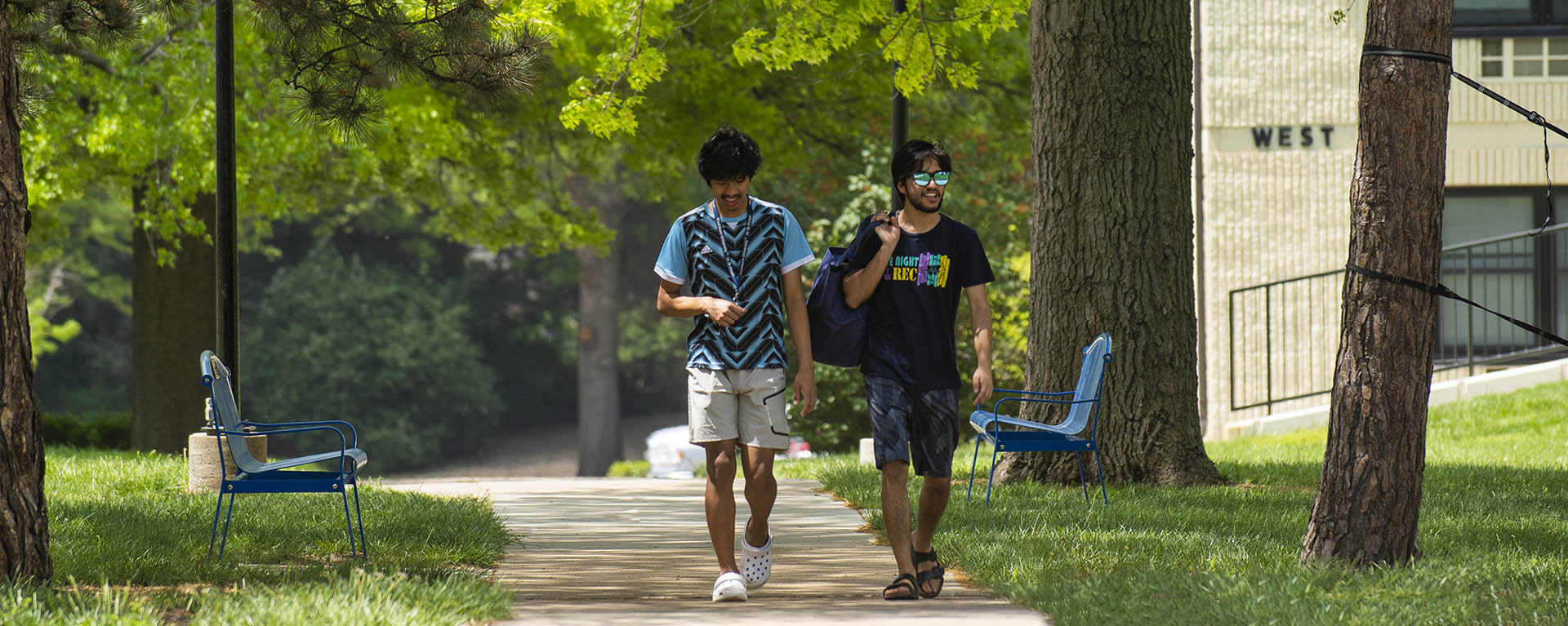
Caught in the Headlines
Using copyrighted works without permission can cause problems. Aside from academic consequences, copyright infringement can also lead to fines, criminal charges, and unsavory publicity in the news. Here are some true stories for consideration.
Record Industry Attacks Students / File-Sharing
The Recording Industry Association of America (RIAA) has announced that it will begin aggressively contesting colleges whose students engage in file sharing (an act they claim is an infringement of copyright law). A message from Cary H. Sherman, president and general counsel of the RIAA, said they would be taking this action because CD sales had dropped off as a result of piracy and the record industry.
---- Carlson, Scott. "Recording Industry Plans to Accelerate Complaints About Illegal File Sharing." [Electronic text] The Chronicle of Higher Education (December 2, 2002).
Plagiarism-Detection Services May Trample Student’s Rights
Some college lawyers and other campus officials are warning that plagiarism-detection tools may be trampling on students' legal rights. Papers submitted to Turnitin.com are checked against a database of more than one million manuscripts, which flags unoriginal phrases. What makes the service controversial is that Turnitin.com copies the student papers in their entirety to its database, which is a potential infringement of the students' copyrights. Such concerns lead officials at the University of California at Berkeley not to subscribe to Turnitin.com. This is ironic because John Barrie, the Turnitin.com founder, started developing the software upon which the service is based while a graduate student at Berkeley. Turnitin.com is growing rapidly; Mr. Barrie recently won a contract to serve more than 700 colleges and universities in Britain.
---- Foster, Andrea. "Plagiarism-detection tool creates legal quandary." The Chronicle of Higher Education (May 17, 2002): A37-A38.
California's Long Arm May Getcha!
A California court has ruled that an out-of-state college student can be sued in California for running a web site that allows users to pirate films on DVD in violation of copyright law.
---- Giordani, Sonia. "Calif. extends 'long-arm' in web suit." National Law Journal 23:52 (August 20, 2001): A19.
An Indiana college student has been found guilty in the California Supreme Court of copyright infringement for posting on his web site a code that breaks DVD copy protection. The Electronic Frontier Foundation says this means that film studios in California can bring a lawsuit against anyone who publishes information on the Internet that they can claim affects their financial profits.
---- The Times Higher Education Supplement (August 17, 2001): 12.
Student Pays for Copyright Infringement
A freshman reporter for the student newspaper at the University of Pittsburgh, the Pitt News, submitted a piece that was subsequently posted to the paper's web site. Editors at the student newspaper soon were contacted by a San Francisco writer who claimed to have written the article and asked to be paid for having her work re-published. It became clear that the Pitt student had plagiarized the article; she would have to pay. In fact, the student was required to write a $150 check to the weekly newspaper that owned the copyright on the original article.
---- Ralston, Neil. "Copyright in the classroom." The Quill 89:6 (July/August 2001): 28-30.
RIAA Bites Back
The Soundbyting Campaign was launched April 2, 1998, by the Recording Industry Association of America (RIAA) to combat music piracy on the Internet. One of the first universities to feel the bite of this campaign was Carnegie Mellon University (CMU) in Pittsburgh, Pennsylvania, where seventy-one students had their campus Internet accounts cancelled because illegally-copied MP3 files resided on their computers. The students were required to attend a workshop on copyright law to regain their campus computer accounts.
---- Philipkoski, Kristen. "The student jukebox sting." Wired Digital Inc. (November 9, 1999). Accessed on July 19, 2002.
MIT Embroiled in Comic Book Art Dispute
MIT (Massachusetts Institute of Technology) found themselves in a copyright dispute when they allegedly used an image from the comic book Radix as part of a grant proposal:
MIT Used Comic Art For Grant Proposal (from MIT)
University Nixes Degrees Over Distance Education Scam
Three students from the University of Mississippi lost their degrees after it was discovered that they had credits for distance education classes they did not take. The governing board of the university nullified the students' degrees over the incident that took place in 1999, when evidence was first uncovered. A university employee had changed transcripts for eight students. One student presented a "persuasive case" and was cleared of charges. Three others were expelled, three lost their degrees because of the lost credit for the courses, and one student lost credit for the courses but did not lose her degree.
---- Carlson, Scott. "U. of Mississippi Rescinds 3 Degrees Over Distance-Education Irregularities." [Electronic text] The Chronicle of Higher Education, (October 18, 2002).

